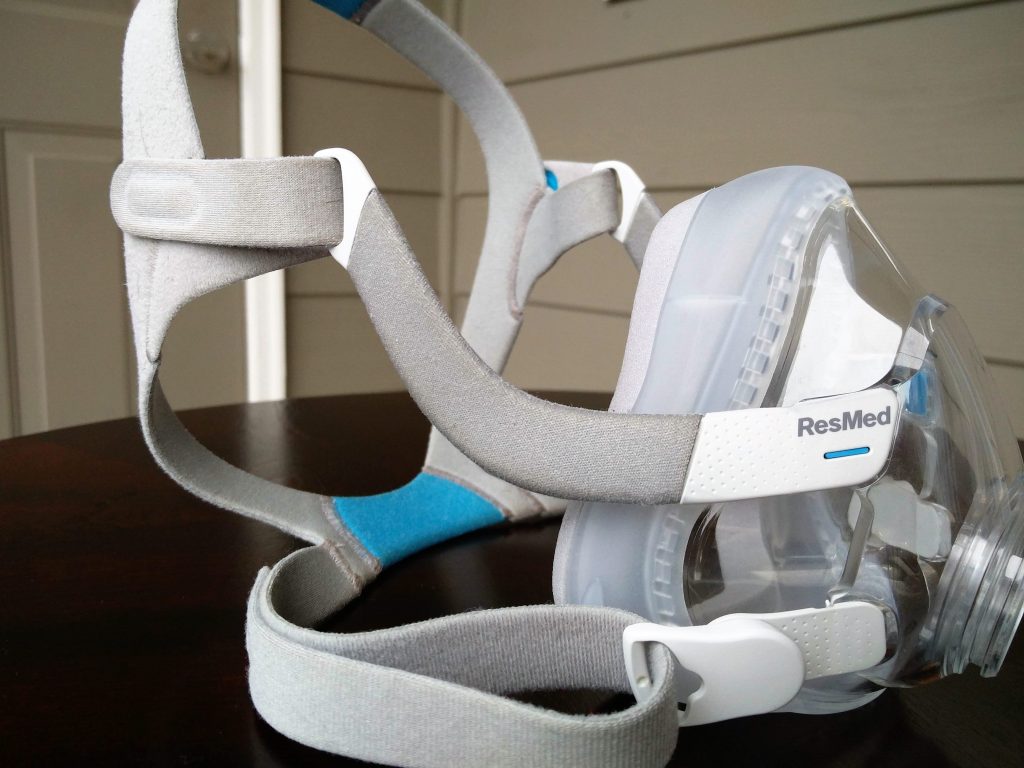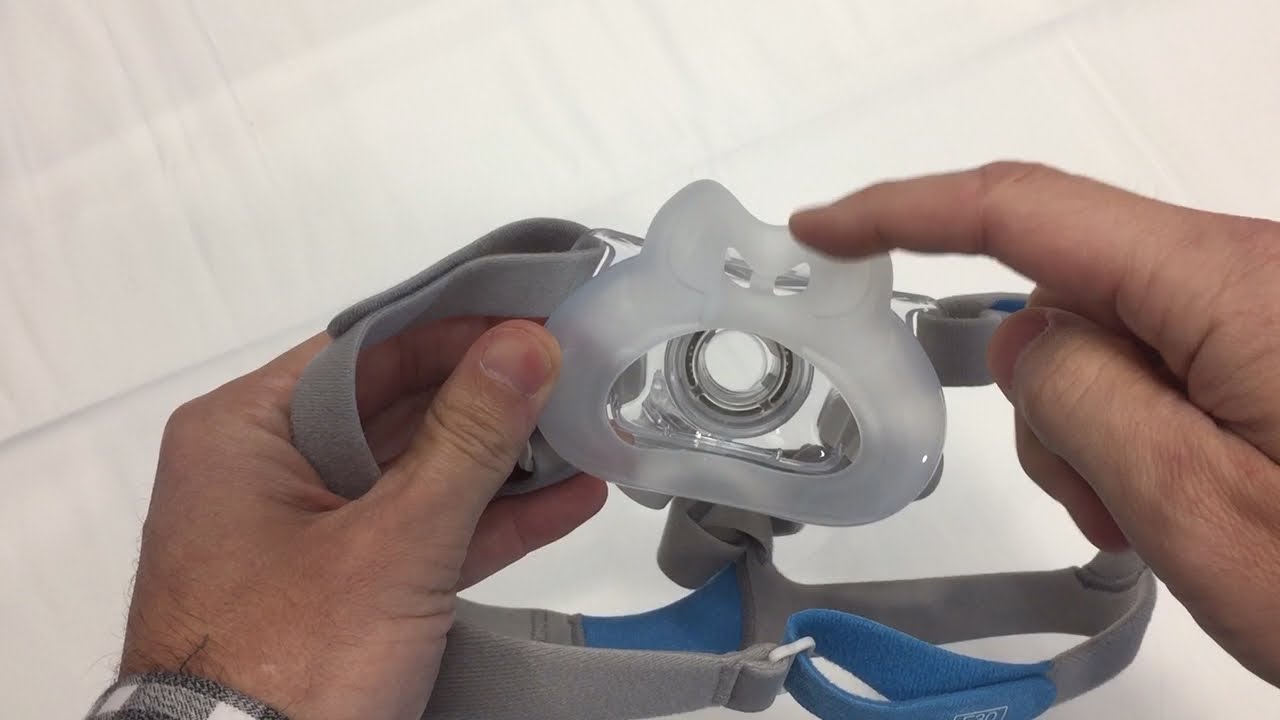In the world of sleep apnea treatment, finding the perfect fit for a CPAP mask is crucial. The right CPAP mask can make all the difference in your comfort, compliance, and overall effectiveness of the therapy. But with so many options available, how do you know which one is the right fit for you?
Understanding the Importance of a Well-Fitted CPAP Mask
A well-fitted CPAP mask is not only essential for effective therapy but also for your overall comfort and adherence to treatment. When the mask fits properly, it creates a secure seal that prevents air leakage and ensures the delivery of the prescribed pressure. This seal is crucial because any leaks can reduce the therapy’s efficiency and contribute to discomfort during sleep.
But what exactly makes a CPAP mask well-fitted? It’s not just about the size or shape of the mask; it’s also about finding the right fit for your unique facial features. Different masks come in various sizes and styles, such as nasal masks, full-face masks, or nasal pillow masks. Each type caters to different needs and preferences, so it’s important to work closely with your healthcare provider to find the best fit for you.
Moreover, a well-fitted mask promotes better adherence to therapy. If your mask is uncomfortable or ill-fitting, you may experience problems such as skin irritation, pressure sores, or difficulty finding a comfortable sleeping position. These issues can lead to frustration and may make you less likely to continue using the CPAP machine over time. Learn more pros and cons of different CPAP masks style.

The Role of CPAP Masks in Sleep Apnea Treatment
CPAP masks play a vital role in the treatment of sleep apnea. They deliver a constant flow of pressurized air to keep your airway open during sleep, preventing the pauses in breathing associated with the condition. By ensuring a continuous supply of oxygen, CPAP masks help alleviate the symptoms of sleep apnea, such as snoring, gasping, and daytime fatigue.
But the benefits of CPAP masks go beyond symptom relief. Properly fitting masks can also improve your overall quality of life. By effectively treating sleep apnea, you may experience increased energy levels, improved mood, and enhanced cognitive function. These improvements can have a positive impact on your daily activities, relationships, and overall well-being.
It’s important to note that CPAP masks are not a one-size-fits-all solution. Each individual has unique needs and preferences, and finding the right mask can sometimes be a trial-and-error process. Your healthcare provider will work with you to determine the most suitable mask type, size, and fit based on factors such as your facial structure, breathing patterns, and personal comfort.
Health Risks Associated with Ill-Fitted CPAP Masks
Using an ill-fitted CPAP mask can lead to various health risks that can compromise the effectiveness of your therapy and your overall well-being. One of the most common issues is mask discomfort, which can cause skin irritation, redness, and sores. Continuous pressure on certain areas of the face can also lead to pressure complications, including pressure ulcers and bruising.
Additionally, poor mask fit can result in air leaks, reducing the effectiveness of the therapy and potentially contributing to treatment failure. Air leaks can also disturb your sleep, causing you to wake up frequently throughout the night and interrupting the restorative sleep your body needs. This can lead to daytime drowsiness, decreased concentration, and impaired cognitive function.
Furthermore, an ill-fitted mask can lead to mask displacement during sleep. If the mask shifts or comes off, it can disrupt the delivery of pressurized air and compromise the effectiveness of your therapy. This can result in untreated sleep apnea symptoms, such as loud snoring, gasping for air, and interrupted breathing, which can have serious consequences for your health and well-being.
In conclusion, the importance of a well-fitted CPAP mask cannot be overstated. It not only ensures the effectiveness of your therapy but also promotes your comfort, adherence to treatment, and overall quality of life. Working closely with your healthcare provider to find the right mask for you is essential in maximizing the benefits of CPAP therapy and improving your sleep apnea symptoms.
Different Types of CPAP Masks
When it comes to treating sleep apnea, CPAP masks play a crucial role in ensuring a restful night’s sleep. There are several types of CPAP masks available, each catering to different needs and preferences. Understanding the differences can help you choose the right mask for your individual requirements.
Full Face Masks
Full face masks cover both the nose and mouth, making them suitable for individuals who breathe through their mouth or who experience nasal congestion. These masks provide a secure seal and are ideal for those who require higher pressure settings. With a full face mask, you can rest assured that the therapy air is delivered effectively to both your nose and mouth, ensuring optimal treatment.
One of the advantages of full face masks is that they minimize air leaks, thanks to their comprehensive coverage. This is particularly beneficial for people who tend to move around a lot during sleep or those who sleep on their backs. The secure seal provided by full face masks ensures that the therapy air is not wasted and that you receive the maximum benefit from your CPAP machine.

Additionally, full face masks are designed with comfort in mind. They often feature adjustable headgear and cushioning materials that prevent discomfort and skin irritation. This ensures that you can sleep peacefully throughout the night without any disturbances caused by an ill-fitting mask.
Nasal Masks
Nasal masks, as the name suggests, cover only the nose. They are a popular choice for individuals who breathe primarily through their nose. Nasal masks are known for their lightweight design and minimal contact points, allowing for easier movement during sleep.
One of the key advantages of nasal masks is their versatility. They are compatible with various CPAP machines and can accommodate different pressure settings. This makes them a suitable option for individuals with varying degrees of sleep apnea severity.
In addition to their practicality, nasal masks are also appreciated for their unobtrusive nature. They are less bulky compared to full face masks, which can be particularly beneficial for individuals who prefer a less intrusive mask. Nasal masks allow for a clear field of vision, making activities such as reading or watching television before bed more enjoyable.
Nasal Pillow Masks
Nasal pillow masks are the smallest and most minimalist option available in the CPAP mask market. They consist of two small cushions that sit just inside the nostrils, providing a comfortable and unobtrusive fit. Nasal pillow masks are ideal for individuals who prefer a less invasive mask and those who experience claustrophobia with traditional masks.
One of the key advantages of nasal pillow masks is their lightweight design. They are incredibly portable and easy to travel with, making them a popular choice for frequent travelers. The compact size of nasal pillow masks also means that they are less likely to cause discomfort or leave marks on your face, ensuring a comfortable night’s sleep.
Furthermore, nasal pillow masks offer a more natural airflow sensation. The direct delivery of therapy air into the nostrils allows for a more open and unrestricted breathing experience. This can be particularly beneficial for individuals who find it difficult to adjust to the sensation of air pressure delivered by other types of masks.
In conclusion, choosing the right CPAP mask is essential for effective sleep apnea treatment. Whether you opt for a full face mask, nasal mask, or nasal pillow mask, each type offers its own unique benefits. By considering your individual needs and preferences, you can find a CPAP mask that ensures optimal comfort, minimal air leaks, and a restful night’s sleep.
Factors to Consider When Choosing a CPAP Mask
When selecting a CPAP mask, several factors come into play. Consider your comfort, lifestyle, and personal preferences to find the perfect fit for you.
Comfort and Fit
Comfort should be your top priority when choosing a CPAP mask. Look for masks that are adjustable and have cushion options to ensure the best fit for your face shape. It is also important to consider factors such as headgear and mask straps to ensure a secure fit without excessive pressure on your face.
Lifestyle and Sleeping Habits
Consider your lifestyle and sleeping habits when choosing a CPAP mask. If you are an active sleeper or tend to move around while you sleep, opt for a mask that allows for freedom of movement. If you wear glasses or enjoy reading before bed, a mask with an open line of sight may be more suitable for you.
Breathing Preferences
Take into account your breathing preferences when selecting a CPAP mask. If you prefer to breathe through your mouth, a full face mask or a mask with a chin support may be necessary. If you primarily breathe through your nose, a nasal mask or nasal pillow mask may be the best choice.
Tips for Adjusting to Your New CPAP Mask
Adjusting to a new CPAP mask can take time and patience. Here are some tips to help ease the transition:
Ensuring Proper Fit and Comfort
Before using your new CPAP mask at night, spend some time adjusting it and ensuring a proper fit and optimal comfort. Make any necessary adjustments to the straps, headgear, or cushion size to achieve the best fit for your face.
Dealing with Common CPAP Mask Problems
If you experience common CPAP mask problems such as leaks, skin irritation, or discomfort, don’t hesitate to reach out to your healthcare provider or CPAP supplier. They can offer valuable guidance and help you troubleshoot these issues.
Maintaining Your CPAP Mask for Optimal Performance
Proper maintenance of your CPAP mask is crucial for optimal performance. Follow these simple guidelines:
Regular Cleaning and Replacement
Regularly clean your CPAP mask according to the manufacturer’s instructions. Use mild soap and warm water to wash the mask and cushion, ensuring that no residue or oils build up over time. Additionally, replace your mask and cushion as recommended by the manufacturer or your healthcare provider.
Troubleshooting Common Issues
If you experience issues with your CPAP mask, such as air leakage or discomfort, there are several troubleshooting steps you can take. Make sure all the connections are secure, adjust the straps if necessary, and ensure a proper seal. If problems persist, consult your healthcare provider for further assistance.
By understanding the importance of a well-fitted CPAP mask, exploring the different types available, and considering your individual needs and preferences, you can find the perfect fit for your sleep apnea therapy. Remember to adjust to your new mask gradually and maintain it properly for optimal performance. With the right CPAP mask, you can improve your sleep quality, enhance your overall well-being, and wake up feeling refreshed each morning.

Leave a Reply